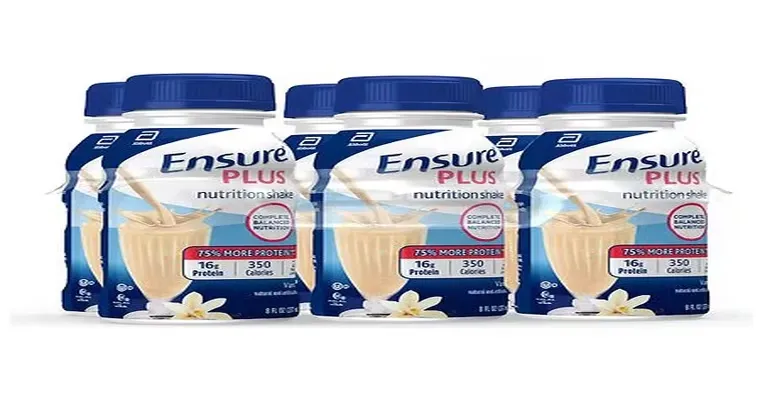When it comes to the health and well-being of our elderly loved ones, many caregivers and family members often consider "nutritional supplement drinks" as a convenient solution. These drinks are marketed as a way to provide essential vitamins, minerals, and calories that may be lacking in their diet. However, it is crucial to think twice before incorporating these products into their daily routine, as not all nutritional supplements are created equal, and some may not be suitable for every individual.
One of the primary concerns with "nutritional supplement drinks" is their potential to replace whole foods in the diet. While these drinks can be beneficial in certain situations, such as for individuals who have difficulty eating solid foods or have specific nutritional deficiencies, they should not be viewed as a comprehensive substitute for a balanced diet. Whole foods offer a variety of nutrients, fiber, and antioxidants that are often missing in liquid supplements. Furthermore, the act of chewing and eating solid foods can provide emotional and psychological benefits that are vital for the elderly.
Another critical aspect to consider is the "added sugars" and artificial ingredients often found in many nutritional supplement drinks. These can lead to unwanted weight gain and may exacerbate conditions such as diabetes or heart disease, which are prevalent among the elderly population. It is essential to read the labels carefully and choose products that are low in sugar and free from artificial additives.
Additionally, the "caloric density" of these drinks can be misleading. While they are designed to be high in calories to help those who struggle with weight loss, they can also contribute to unintentional weight gain and may not provide the feeling of fullness that comes from eating real food. This can lead to a cycle of overconsumption and nutritional imbalance.
Moreover, some elderly individuals may have specific dietary restrictions or health conditions that make certain nutritional supplement drinks inappropriate for them. For instance, those with kidney problems may need to monitor their protein intake, while individuals with lactose intolerance should avoid dairy-based supplements. Consulting with a healthcare professional before introducing any new supplement into their diet is vital to ensure it aligns with their health needs.
Lastly, engaging your elderly loved ones in discussions about their "dietary preferences" and nutritional needs is essential. Many older adults have strong opinions about food and may feel alienated by the suggestion of liquid meal replacements. Encouraging them to participate in meal planning and preparation can help foster a sense of independence and enjoyment in their eating habits.
In conclusion, while "nutritional supplement drinks" can play a role in supporting the health of elderly individuals, it is important to approach them thoughtfully. Evaluating their nutritional needs, considering whole foods, and consulting with healthcare professionals can help ensure that any dietary changes are appropriate and beneficial. Remember, the goal is to support your loved ones in achieving optimal health and well-being through balanced nutrition and lifestyle choices.





